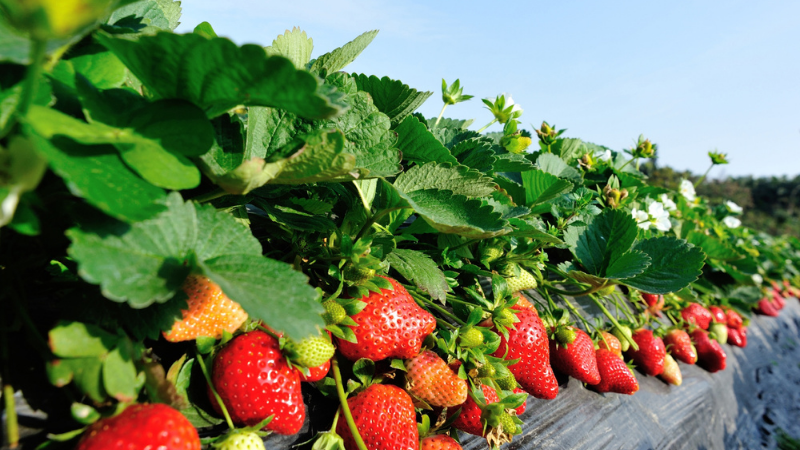Fallout Continues in Wake of Latest Romaine Recall
Traceback data on romaine lettuce implicated in the latest E. coli outbreak led FDA, CDC, and California officials to three Salinas Valley farms. There, investigators gathered samples from any potential points of contamination and sent them for analysis. Results are still pending.
Investigators are still on the ground, gathering data to see if any other factors impacted the contamination.
The USDA and Centers for Disease Control (CDC) have updated the number of illnesses involved in the outbreak of E. coli O157:H7 associated with romaine lettuce grown in Salinas, CA. All new illnesses are believed to be part of the current outbreak that hit right before the Thanksgiving holiday. And public health agencies are not changing the consumer advisory which continues to focus on romaine lettuce from the Salinas growing region only, according to an alert released by the California Leafy Greens Marketing Agreement (LGMA).
As of December 4, 102 people have been sickened in 23 states total. More than half were hospitalized (58), with 10 developing the life-threatening kidney failure, hemolytic uremic syndrome. Fortunately, there are no deaths. The increase stems from updated reporting rather than new cases. The last known illness took place prior to November 18, which happened before the first recall (occurring on November 22).
Since the recall was issued, all shipments and harvest of romaine grown in Salinas have stopped and remaining romaine fields have been plowed under.
The LGMA is advising consumers to look for packages with the words: Yuma, Phoenix, Southern Arizona, Northern Arizona, Northern California, Santa Maria, Southern California, Imperial Valley, Coachella, and Central Valley. No romaine from these growing areas is part of the consumer advisory. Also not included in the advisory is romaine from Mexico and other states or romaine that is hydroponically or greenhouse grown.
The FDA continues to actively investigate the cause of this outbreak with the assistance of staff from the California Department of Public Health and the California Department of Food and Agriculture. Investigators have been deployed to farms in the Salinas area identified in the traceback investigation. On the farms, investigators have sampled soil, compost, water and other potential environmental sources. The samples and information collected are currently being analyzed.
The LGMA reports that it has already begun the process of thoroughly examining the mandatory food safety practices followed by 90% of the leafy greens grown in the U.S. that are regulated under the LGMA programs in California and Arizona.
For updates on the situation, check back here or visit
https://www.fda.gov/food/outbreaks-foodborne-illness/investigation-e-coli-o157h7-outbreak-linked-romaine-salinas-california-november-2019.









